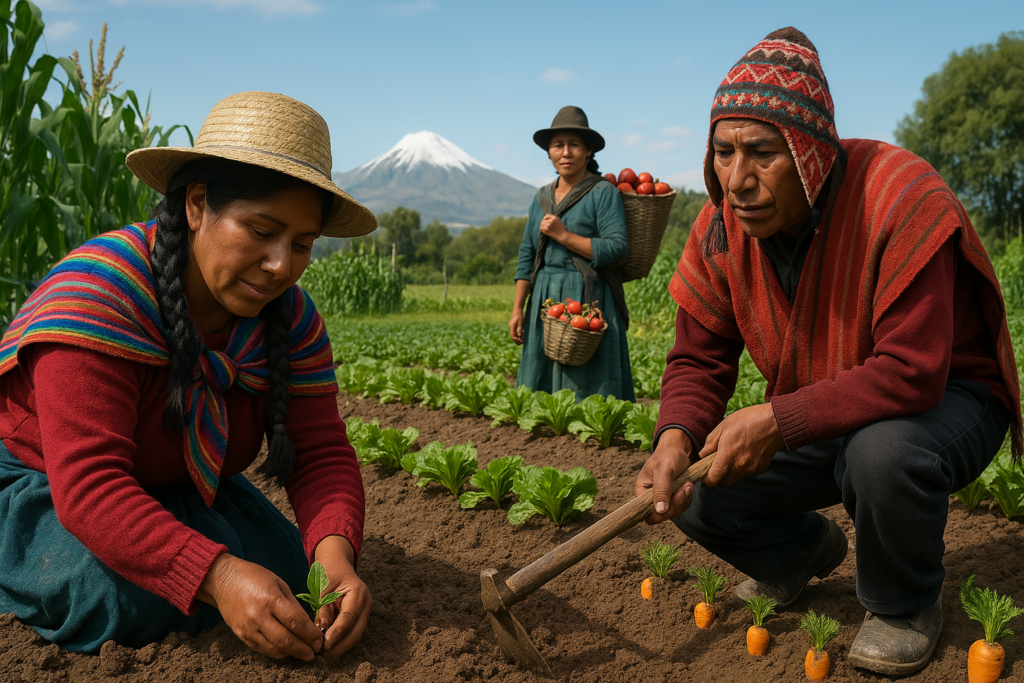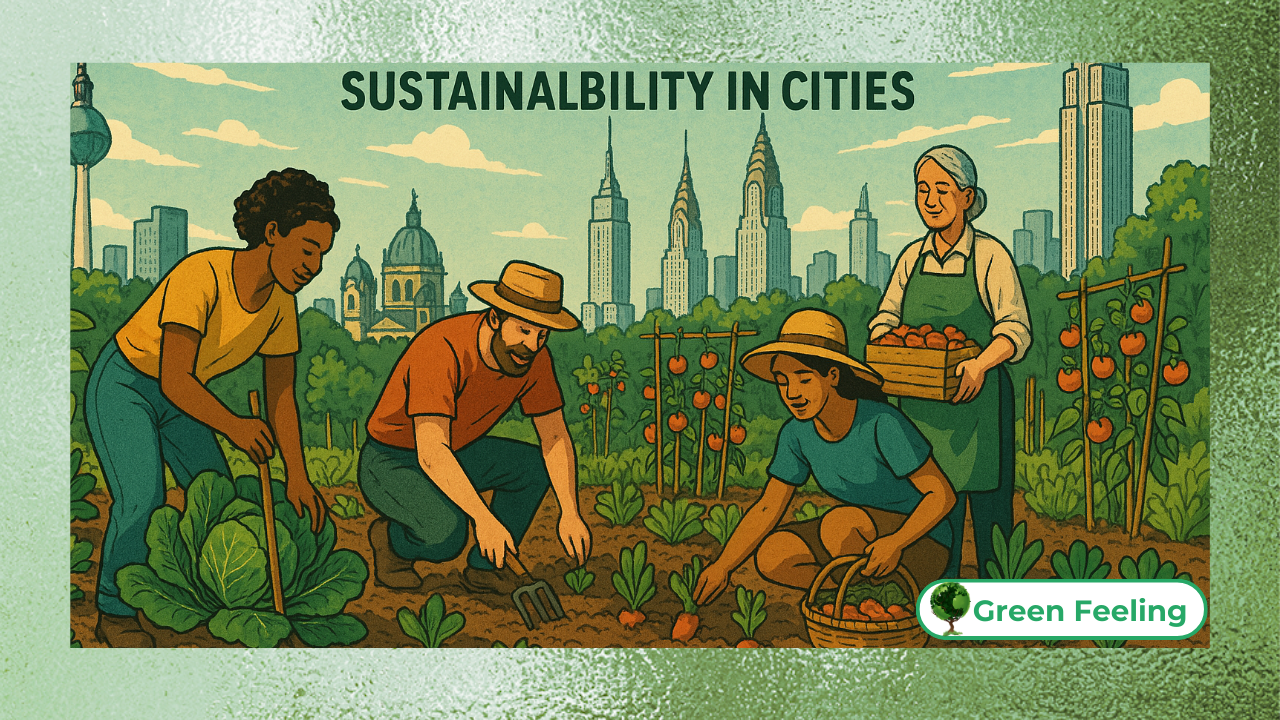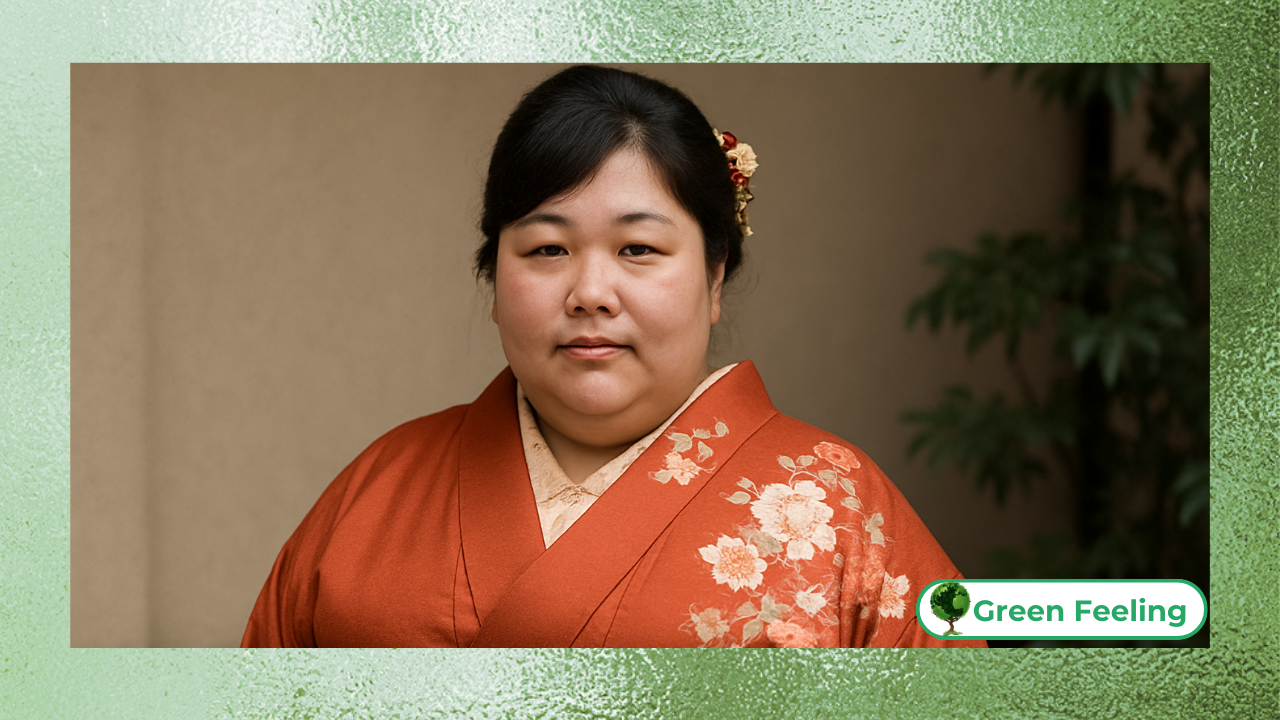The Influence of Indigenous Culture on Agroecology in Bolivia
Bolivia’s agroecology movement draws deeply from the wellspring of indigenous knowledge, representing one of the most successful integrations of traditional farming practices with modern ecological science.

For centuries, Bolivia’s native peoples – particularly the Aymara and Quechua – have developed sophisticated agricultural systems attuned to the Andes’ challenging terrain and variable climate.
As noted by agronomist Miguel Altieri,
“Indigenous farming systems in the Andes represent millennia of accumulated ecological knowledge that modern science is only beginning to understand.” – Miguel Altieri.
This ancient wisdom, now recognized as vital for climate resilience, continues to shape Bolivia’s approach to sustainable agriculture.
The Bolivian government formally incorporated indigenous agroecological principles into national law through the 2012 “Law of Mother Earth” (Ley de Derechos de la Madre Tierra), legally recognizing nature as a living system with inherent rights.
Read more: Legal Recognition
This groundbreaking legislation emerged directly from indigenous cosmovisions that view humans as part of an interconnected web of life rather than dominators of nature.
The law mandates agroecological practices across Bolivia’s agricultural sector, making it one of the world’s most progressive ecological policies rooted in native traditions.
Andean Indigenous Worldview: A Foundation for Sustainability
At the heart of Bolivian agroecology lies the indigenous concept of “Pachamama” (Mother Earth) – a living, sacred entity that sustains all life.
This worldview differs fundamentally from Western agricultural paradigms by:
- Viewing farming as a sacred dialogue with nature
- Understanding all elements (soil, water, plants) as conscious beings
- Emphasizing reciprocity between humans and ecosystems
- Maintaining agricultural biodiversity as a spiritual duty
Anthropologist Xavier Albó observes in Raíces de América: El mundo Aymara that
“For Andean cultures, planting is never just an economic activity but always a ceremonial act that maintains cosmic balance.” – Xavier Albó.
This profound spiritual connection to the land has preserved farming techniques that combine remarkable productivity with environmental sustainability.
+ 10 Interesting Facts About Chilean Culture
Traditional Bolivian Agroecological Systems
Bolivia’s indigenous farmers have developed diverse, resilient agricultural systems adapted to various altitudes and microclimates:
| System | Characteristics |
Ecological Benefits
|
| Waru Waru | Raised beds with water channels |
Frost protection, water regulation
|
| Aynoka | Circular terraced fields |
Erosion control, microclimate creation
|
| Chakras | Forest gardens with multi-layer planting |
Biodiversity conservation, soil enrichment
|
The Waru Waru system, dating back to pre-Inca Tiwanaku culture (300-1000 AD), demonstrates particular sophistication. These engineered landscapes alternate raised planting beds with water channels to:
- Regulate soil temperature
- Provide irrigation during droughts
- Drain excess water during floods
- Create nutrient-rich sediments
Modern Applications of Indigenous Knowledge
Contemporary Bolivian agroecology adapts these ancient systems to address modern challenges:
Urban Agriculture in El Alto:
- Revives traditional terracing on city hillsides
- Combines ancestral crops with organic techniques
- Provides food security for 800,000 residents
Quinoa Cultivation:
- Maintains genetic diversity through native varieties
- Uses crop rotation with llamas for natural fertilizer
- Preserves soil through polyculture planting
Coffee Agroforestry in Yungas:
- Grows coffee under native tree canopies
- Provides habitat for migratory birds
- Maintains watershed integrity
As documented by the FAO’s 2015 report on traditional agriculture,
“Bolivia’s indigenous systems achieve equal or greater productivity than industrial methods while enhancing rather than depleting ecosystems.”
+ Gaia and Agroecology: The Living Earth Cult in Greek Mythology
Challenges and Innovations
Despite their proven value, indigenous agroecological practices face threats:
- Climate Change: Altering traditional planting calendars
- Market Pressures: Encouraging monoculture conversion
- Youth Migration: Loss of intergenerational knowledge
- Policy Gaps: Inconsistent government support
Innovative responses include:
Digital Preservation:
- Apps recording elders’ agricultural knowledge
- GIS mapping of traditional crop varieties
- Online exchanges between communities
Ecological Certification:
- “Pachamama” label for indigenous-grown products
- Fair trade partnerships with cooperatives
- Direct consumer sales through digital platforms
+ Urban Agroecology: Community Gardens and Sustainability in Cities
What Can We Learn from Bolivian Indigenous Agroecology?
The profound lessons from Bolivian indigenous agroecology extend far beyond national borders, offering transformative insights for global sustainable development.
This living legacy demonstrates how ancestral knowledge systems can provide innovative solutions to contemporary crises of food security, biodiversity loss, and climate change.
The Quechua and Aymara traditions teach us that true sustainability emerges from viewing agriculture not as industrial production but as sacred relationship – a concept increasingly validated by modern ecological science yet rooted in millennia of careful observation and practice.
At its core, Bolivian indigenous agroecology presents a radically different paradigm from conventional agriculture, one where:
- Time-tested techniques meet cutting-edge ecological research
- Spiritual values guide practical farming decisions
- Community knowledge takes precedence over corporate patents
- Biodiversity is valued as much as yield
- Long-term resilience outweighs short-term productivity
The global relevance of these principles becomes increasingly apparent as industrial agriculture struggles with diminishing returns and environmental degradation.
Studies now show that indigenous-managed lands in Bolivia maintain 30-50% higher biodiversity than adjacent conventional farms while demonstrating greater resilience to climate extremes.
The precision of traditional planting calendars, adapted to microclimates through generations of observation, often outperforms modern technological solutions in predicting optimal growing conditions.
Perhaps most importantly, the Bolivian model challenges the anthropocentric worldview dominating global agriculture, instead presenting a biocentric approach where humans participate within rather than dominate natural systems.
This philosophical shift, embodied in concepts like Pachamama (Mother Earth), may hold the key to transforming our relationship with the planet at the precise moment when such transformation becomes essential for survival.
As climate change accelerates, these time-tested systems of reciprocal agriculture offer not just alternative techniques, but an alternative consciousness for inhabiting the Earth.
As Bolivian agroecologist Elizabeth Jiménez notes,
“Our ancestors’ fields were universities of sustainability – now science confirms what our grandparents knew.” -Elizabeth Jiménez.
+ Sustainable Practices in Asian Rural Architecture
Conclusion
The Bolivian experience with indigenous agroecology offers profound lessons for our planet’s agricultural future.
As climate change accelerates and industrial agriculture reveals its ecological limits, the time-tested systems developed by Andean communities gain new urgency and relevance.
These are not romanticized relics of the past, but living systems that continue to evolve while maintaining their core principles of reciprocity, diversity, and sustainability.
What makes Bolivia’s model particularly valuable is its demonstration of how traditional knowledge can integrate with modern science to create resilient food systems.
The country’s national policies now formally recognize indigenous agroecology as essential for food sovereignty and climate adaptation.
This policy framework, combined with grassroots community initiatives, has positioned Bolivia as a global leader in sustainable agriculture.
The results speak for themselves: indigenous-managed lands maintain higher biodiversity, better soil health, and greater climate resilience than conventional farms in similar regions.
The challenges ahead remain significant. Globalization and climate disruption test even these resilient systems, requiring careful adaptation while protecting core principles.
However, the growing international interest in Bolivian approaches – from the Waru Waru systems to native crop conservation – suggests these methods may hold keys to global food security.
As we face an uncertain agricultural future, Bolivia’s indigenous agroecology stands as a powerful reminder that sometimes the most advanced solutions come from ancient wisdom refined over generations.
Their success challenges us to reconsider our relationship with the land, not as dominators but as participants in a delicate, living system that demands our respect and stewardship.
References:
- Altieri, M. (2004). Agroecology: The Science of Sustainable Agriculture
- Albó, X. (2008). Raíces de América: El mundo Aymara
- FAO (2015). Traditional Agricultural Systems
- Bolivian Ministry of Rural Development (2020). National Agroecology Policy
- Jiménez, E. (2019). Decolonizing Agroecology in the Andes






